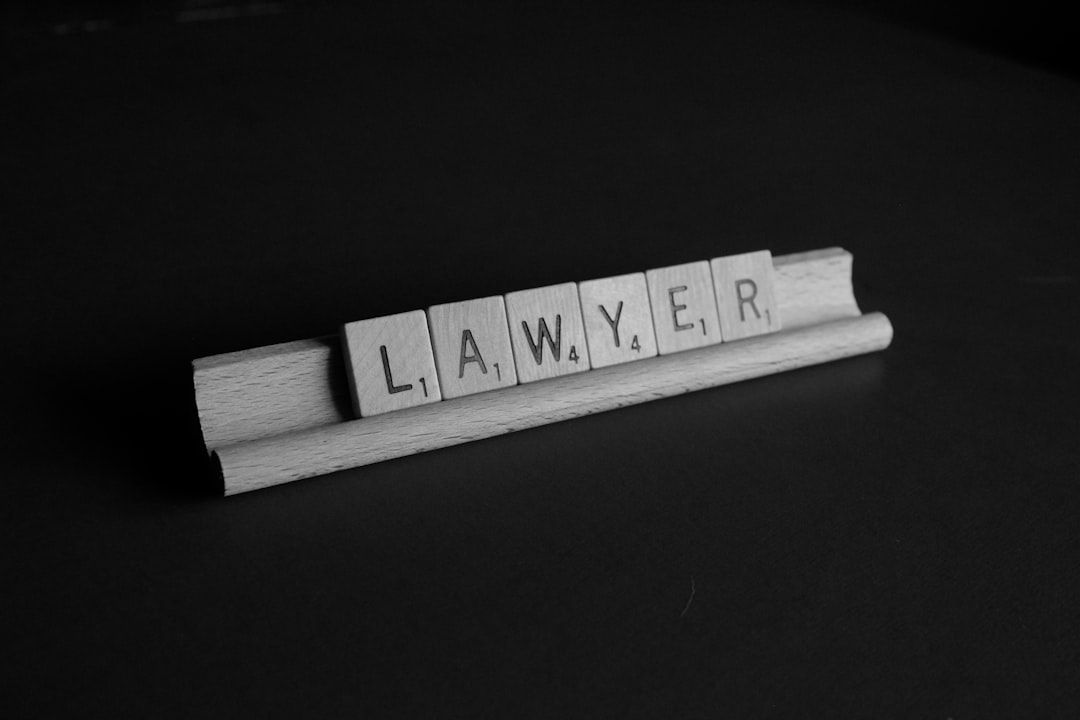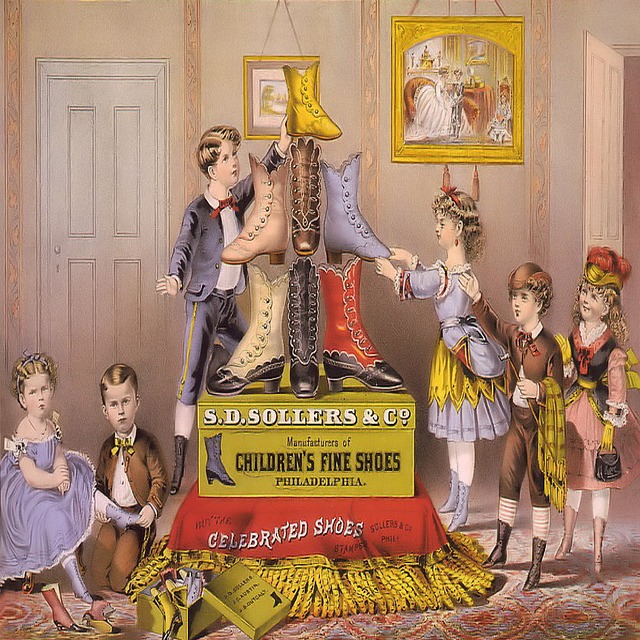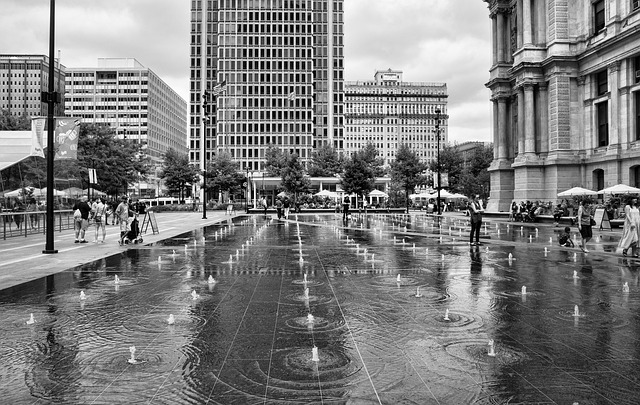Massage spa abuse in Philadelphia can cause severe physical and emotional harm, requiring legal action from a massage abuse attorney Philadelphia PA. Look for signs like unexpected charges, lack of consent, and pressure to buy extra services. Victims should prioritize self-care, build support networks, and consult a qualified massage abuse attorney to seek justice and healing.
In the relaxed atmosphere of Philadelphia’s spa culture, the potential for massage abuse cannot be overlooked. This insightful article delves into the intricate healing process post-massage spa abuse, offering a comprehensive guide for victims in Philadelphia, PA. We explore signs of abuse, from physical injuries to emotional trauma, and provide an overview of legal options with tips on finding a dedicated massage abuse attorney in Philadelphia, PA. Additionally, we offer practical healing strategies for both immediate and long-term recovery.
Recognizing the Signs of Massage Spa Abuse in Philadelphia

Recognizing the signs of massage spa abuse in Philadelphia is crucial for victims seeking justice and healing. Often, victims may experience physical symptoms such as persistent pain, muscle soreness, or even burns and bruises, indicating inappropriate techniques or forced treatments. Emotional distress, including anxiety, depression, or a sense of violation, is also common.
Additionally, red flags might include unexpected charges for services not rendered, lack of consent for certain procedures, or feeling pressured to purchase additional packages. If you’ve experienced any of these and suspect massage spa abuse, it’s advisable to consult with a reputable massage abuse attorney Philadelphia PA to understand your legal rights and options for seeking compensation and closure.
The Physical and Emotional Impact: Short-term and Long-term Effects

Massage spa abuse can leave both physical and emotional scars, with effects that may manifest immediately or develop over time. Short-term impacts include muscle soreness, bruising, and discomfort in the affected areas due to forceful or inappropriate manipulation. Clients might also experience headaches, nausea, or a general feeling of fatigue as their bodies respond to the traumatic experience.
In the long term, victims may struggle with chronic pain, reduced mobility, and psychological distress. Post-traumatic stress disorder (PTSD), anxiety, and depression are not uncommon among those who have endured massage abuse. Additionally, trust issues and a heightened sense of vulnerability in future interactions can significantly impact an individual’s quality of life. Seeking legal counsel from a reputable massage abuse attorney in Philadelphia, PA, is often the first step towards justice and healing for survivors.
Navigating Legal Options: Finding a Massage Abuse Attorney in PA

If you’ve experienced massage spa abuse in Philadelphia, navigating your legal options can seem daunting. The first step is to find a qualified massage abuse attorney in PA who specializes in personal injury cases stemming from negligence or intentional harm. There are several ways to locate an expert advocate for your situation.
You can start by reaching out to local bar associations and requesting recommendations, or searching online directories specifically designed to connect victims with attorneys specializing in massage therapy abuse. Additionally, asking for referrals from trusted friends, family members, or support groups for survivors of spa abuse can offer valuable insights into finding a compassionate and knowledgeable massage abuse attorney in Philadelphia PA who will fight for your rights and help you seek justice.
Healing Strategies: Steps Towards Recovery After Massage Spa Abuse

Healing from massage spa abuse is a journey that requires time, self-care, and support. After experiencing such trauma, it’s essential to take proactive steps towards recovery. One crucial initial step is to seek legal counsel from a massage abuse attorney in Philadelphia, PA, who can guide you through any necessary legal actions against the responsible parties.
Next, prioritize your physical and emotional well-being. Engage in regular self-care practices such as meditation, deep breathing exercises, and gentle yoga. These techniques can help reduce stress and promote relaxation. Additionally, consider incorporating therapeutic activities like counseling or support groups where you can share your experiences and connect with others who have faced similar challenges. Building a strong support network is vital for navigating this healing process successfully.






